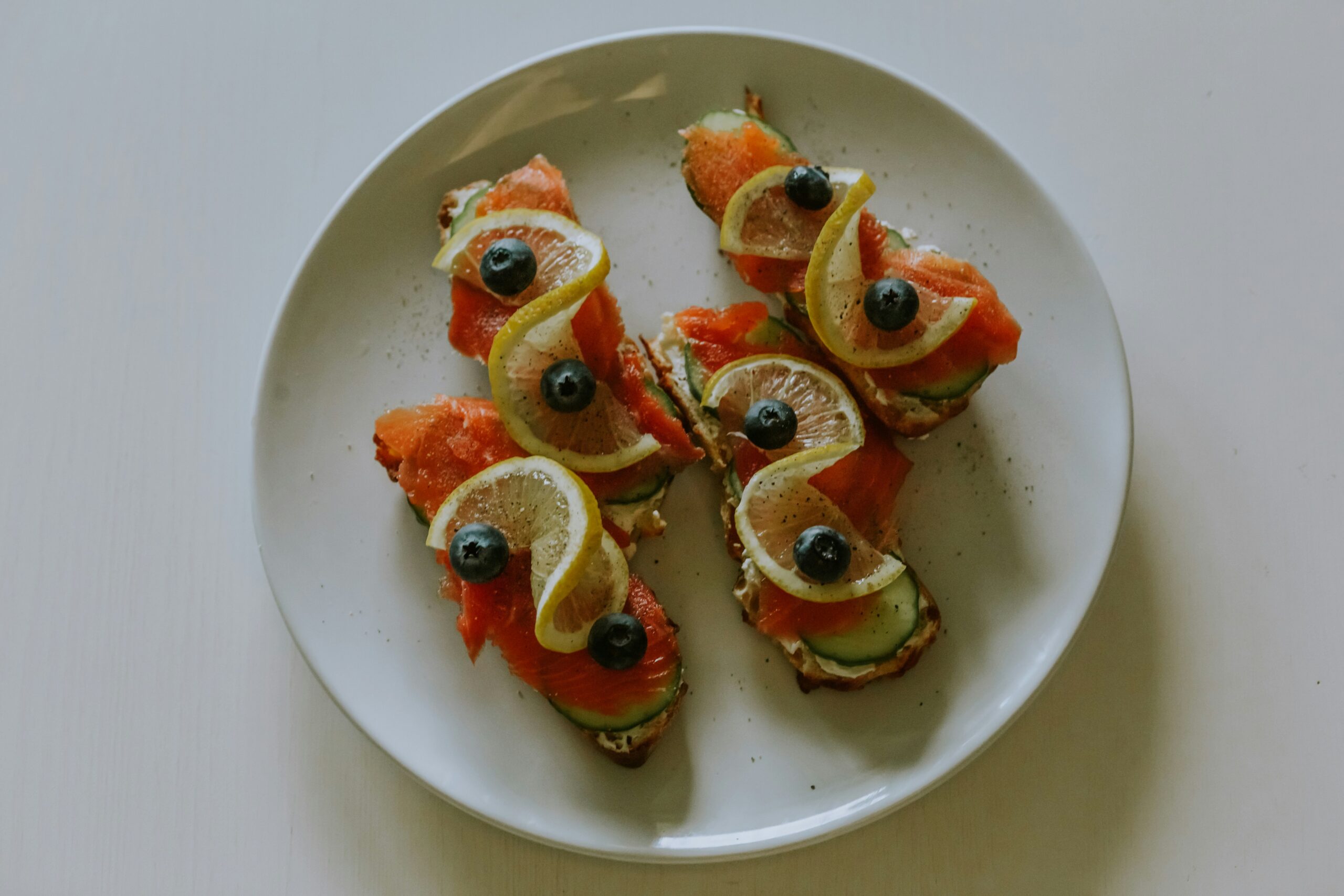
In today’s fast-paced world, many people lead busy lives that often revolve around their professional careers. Yet, for some individuals, their passions extend far beyond the confines of their office desks. Cooking and culinary creativity are becoming more than a hobby for many professionals—they are forms of self-expression, stress relief, and ways to nurture their love for food. These individuals, whether chefs by profession or simply passionate home cooks, infuse their daily lives with creativity and a sense of fulfillment beyond spreadsheets and meetings.
Cooking provides a tangible way to unwind and connect with one’s inner self. The art of preparing a meal from scratch can be meditative, allowing the chef to escape everyday life’s stresses. The process—chopping vegetables, seasoning ingredients, and experimenting with flavors—offers a sense of control and accomplishment. Moreover, sharing these creations with others can be deeply satisfying, fostering a sense of community and building stronger connections. For many professionals, this personal passion becomes a rewarding outlet for their creative energy, whether through perfecting a new recipe or mastering a cooking technique they’ve always admired.
Culinary Creativity in the Kitchen
For individuals with a genuine passion for cooking, the kitchen becomes an ideal place to experiment, invent, and explore new ideas. Culinary creativity allows these individuals to push the boundaries of traditional cooking methods, offering them the freedom to innovate with flavors, textures, and presentation. The kitchen transforms into an experimental laboratory where unique ingredients combine to create dishes that surprise and delight.
One of the most exciting aspects of culinary creativity is the ability to blend different culinary traditions. Professionals often incorporate flavors from various cuisines, infusing their dishes with exciting combinations that reflect their tastes and experiences. The fusion of spices, seasonings, and cooking techniques from around the world leads to the creation of inventive dishes that are both delicious and visually stunning. This ability to innovate, explore, and create sets apart someone with a passion for cooking from someone who follows recipes.
From the Office to the Dinner Table
The desire to cook often emerges from the same drive that fuels a person’s professional life. Just as professionals strive to excel in their careers by continually learning, honing their skills, and seeking new challenges, the same mindset often applies to cooking. Whether in a corporate office or a home kitchen, these individuals are motivated to improve, experiment, and master new techniques. Cooking, for many, becomes a way to nurture their creative side while balancing the structured demands of work life.
Cooking also offers a rewarding form of self-care. Professionals working in high-stress environments may find that preparing meals allows them to recharge and decompress. Focusing on the task helps them forget workplace pressures and enjoy a moment of peace. Additionally, the satisfaction of creating something from scratch—whether a simple meal or an elaborate feast—can provide a sense of accomplishment and pride. This practice of culinary creativity provides an enriching balance between work obligations and personal fulfillment, allowing individuals to unwind while connecting with their passions.
The Community Connection Through Food
One of the most potent aspects of cooking is its ability to unite people. For many, cooking is not only about the process but also about sharing the results with others. Food has a unique way of fostering connection, whether hosting a dinner party for friends, cooking for family or sharing a meal with colleagues. The communal aspect of cooking highlights the importance of social interaction and bonding, turning meals into opportunities to build relationships.
Beyond family dinners and social gatherings, some individuals use their culinary skills to contribute to their communities. Whether by organizing charity events, teaching cooking classes, or volunteering at local food banks, many passionate cooks find ways to meaningfully share their love for food. In this sense, food becomes a tool for building a stronger sense of community. It also serves to make others feel seen, heard, and valued. For these individuals, cooking is a private joy and a communal act extending far beyond their.
The Personal Impact of Culinary Exploration
Culinary exploration offers individuals more than just the opportunity to discover new flavors; it also allows for a deeper connection to culture, tradition, and self-expression. Cooking enables individuals to rediscover old family recipes, experiment with new ingredients, and connect to the food traditions of different regions. As they explore these cuisines, many people find that cooking becomes a form of storytelling—a way to express their history, values, and experiences through food.
The act of cooking also encourages a sense of mindfulness. As chefs become more in tune with their ingredients, they develop a heightened awareness of how flavors, textures, and techniques combine to create a memorable meal. This mindfulness carries over into their personal lives, allowing them to appreciate the small, meaningful moments in everyday experiences. This reflective aspect of cooking nurtures a more profound sense of gratitude and fulfillment, enriching their culinary journey and their life.
The passion for cooking goes beyond the act of preparing food—it reflects creativity, personal growth, and community connection. Whether as a form of relaxation after a busy workday or as the foundation for a culinary business, cooking allows individuals to express themselves in ways that bring joy and satisfaction to themselves and those around them. Cooking is more than just a hobby for these passionate individuals; it is a powerful tool for personal development and connection with others.